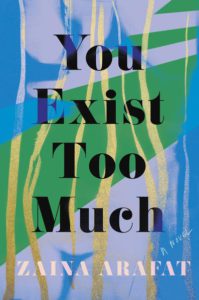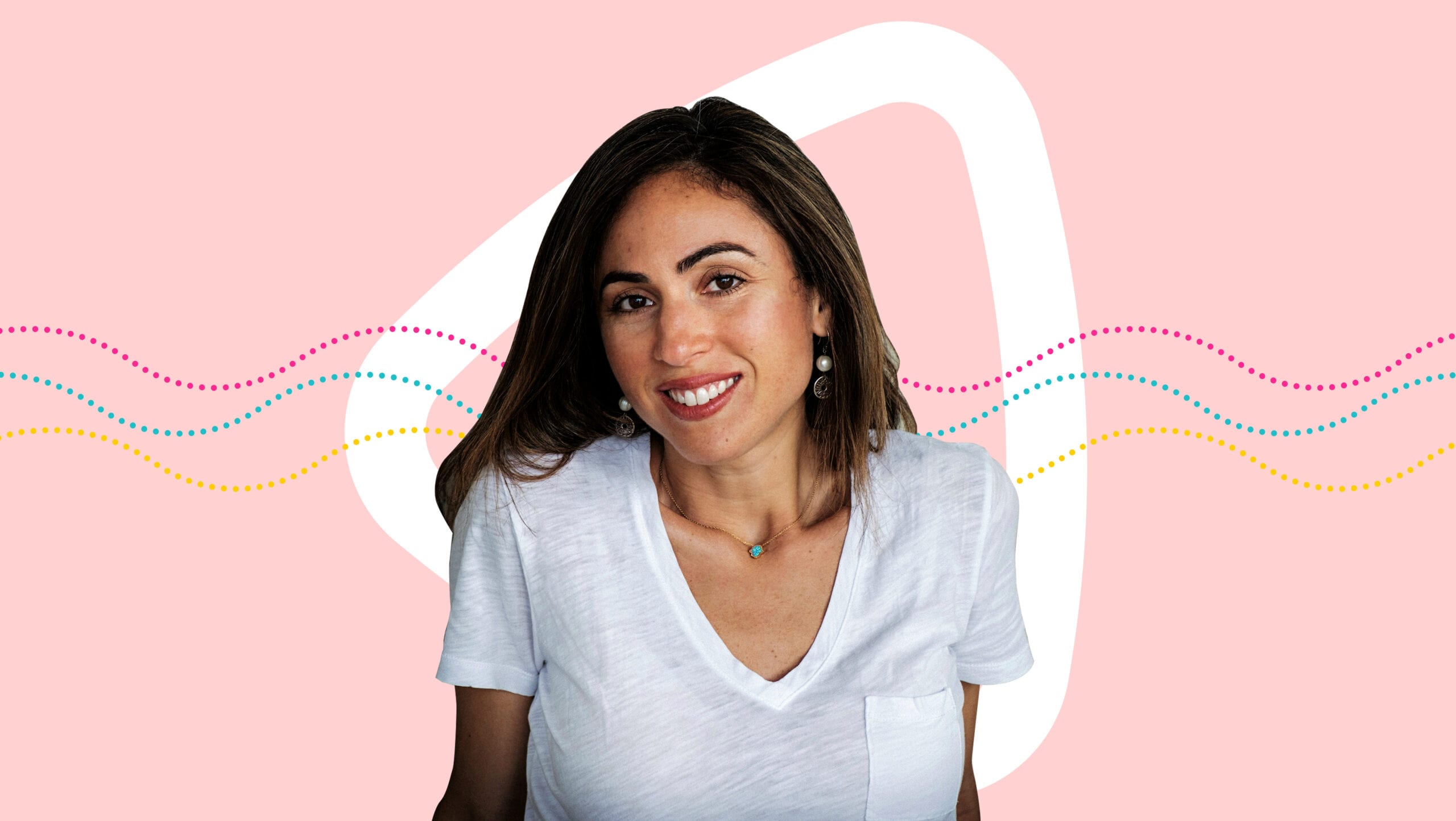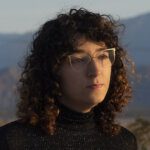A Palestinian-American, Zaina Arafat has long been eager to see the unique story of being a queer Arab-American reflected in literature. But the books she wants to read have been few and far between—so she decided to write the story herself. Arafat’s debut novel, You Exist Too Much, centres a woman stuck between possibilities: her love for her conservative family on one hand, and her desire to explore her queerness on the other.
The protagonist opts for an unhealthy compromise between these two realities. We meet her as she’s stuck in her habit of diving into impossible relationships, time and again chasing after straight women who will never be attainable. The resulting narrative is one of trauma and internalized homophobia, as well as a lesson of self-acceptance and personal growth.
Arafat spoke to Xtra from Brooklyn about her new novel, her own queerness and finding a home in the in-between.
Where did the idea for writing this book come from?
The book began with a question: Why would somebody find the unattainable more appealing than the attainable? I decided to locate that question within a narrative of a bisexual Palestinian-American woman who habitually sets her sights on unattainable women.
Through that narrative, I was able to explore the ways in which one’s background, especially one’s family’s expectations, influences internalized homophobia and shame surrounding sexuality. That exploration grew into a consideration of all this within a larger cultural context, as I wove in her Palestinian background to show how that influenced her behavioural patterns.
There are some similarities between the protagonist and yourself. Did writing help you explore your own life experiences?
The book is fictional, so the specificities of the protagonist’s storyline—like her relationships and love interests—are fabricated. But aspects of my own identity are certainly present; like me, the narrator is a Palestinian-American, and like me she’s bisexual.
I was eager to see these aspects reflected on the page in a way that wasn’t catering to a standard of representation. I wanted the character to be allowed to exist in these in-between, uncategorizable spaces, and act in ways that didn’t bear the burden of representation. I was eager to see an Arab-American bisexual character, and the storyline was something I invented to allow her to be fully human without having to be something like a role model.

Credit: Courtesy Catapult Books
What are some things you think white people don’t understand very well about being a queer person of colour?
It might be difficult for white people to understand just how foreign the concept of queerness can be to some families of colour, and how deeply rooted certain traditions and expectations can be. These are things that tie a person to their homeland and native identity. Some immigrant families try to cut all ties with their home country, but others—like the family in this novel—don’t want to cut all ties, so there may be pressures to adhere to certain traditions. Queerness is seen as dangerous because it’s threatening to these long-standing traditions.
I think it could be easy for a white reader to think, “What’s the big deal about being queer in 2020?” But it still is a big deal to many people of colour. It can also be difficult for some communities to accept queerness because they see it as a further way of being marginalized, and out of love and concern they don’t want members within their community to be more marginalized than they already are.
In the novel, there’s a juxtaposition made between being an immigrant and being queer. Could you explain why you constructed it like this?
“I think it could be easy for a white reader to think, ‘What’s the big deal about being queer in 2020?’ But it still is a big deal to many people of colour”
There’s an alienation from yourself when you’re stuck between two cultures and don’t feel like you truly belong to either of them. There’s being stuck between heteronormativity on the one hand and wanting to explore your queerness on the other. This is where the tension of the book lies, and why this character puts herself in these impossible situations with unattainable women.
She’s so eager to explore her sexuality and perform her queerness, but at the same time her curiosity is stifled by deeply entrenched heteronormative expectations coming at her from her family and her culture. This is the compromise she makes; she won’t fully allow herself to be in a queer relationship and accept it. Instead, she has these one-sided relationships with women that can’t be called relationships and that aren’t fulfilling at all.
With the few queer relationships that take place in the book, queerness isn’t outright named by any characters. Does that feed into this idea of safety?
We start the novel while the narrator is in a relationship with Anna, and Anna’s central frustration with her is that she won’t identify this as a queer relationship and won’t accept herself for being queer. Not only does she have internalized homophobia, she’s also very isolated from any sort of queer community, and that makes it that much harder for her to accept herself.
I hope there’s an evolution in these relationships by the end. Not from 0 to 100 where she’s arrived at a perfect place of acceptance; it’s a very slight move toward greater and greater acceptance of her queerness and the ability to be in a queer relationship, and face that without sabotaging it.
In the novel, shame and trauma have a big influence on how stable a person feels in their identity. What was behind this representation?
“I’m eager to understand the many diverse ways that people experience queerness”
I’m eager to understand the many diverse ways that people experience queerness. With the narrator, her experience of queerness is coloured by her childhood trauma and collective cultural trauma. She’s been made to feel shame just for existing as she does, and I wanted to underline her current behaviours with her past experiences of being shamed and traumatized. And that’s why there are so many flashbacks woven throughout the book. It’s meant to be a behavioural study in many ways, an investigation into why a person behaves this way.
A large part of this book takes place in a mental health treatment facility. What are some ways you think the mental health system fails LGBTQ2 people?
I think there are some underlying implicit biases that exist within the mental health care system that are both subtle but so present and so affecting, as well as the lack of exposure in many ways to queer people and their varied experiences. There’s often mishandling because of those reasons, which can add a lot to a person’s sense of shame, self-loathing and internalized homophobia. It’s affecting when people that are medical professionals or mental health professionals don’t necessarily know how to handle homophobia or homophobic aggression, or perpetuate microaggressions.
You Exist Too Much is available for order from Catapult Books.


 Why you can trust Xtra
Why you can trust Xtra


